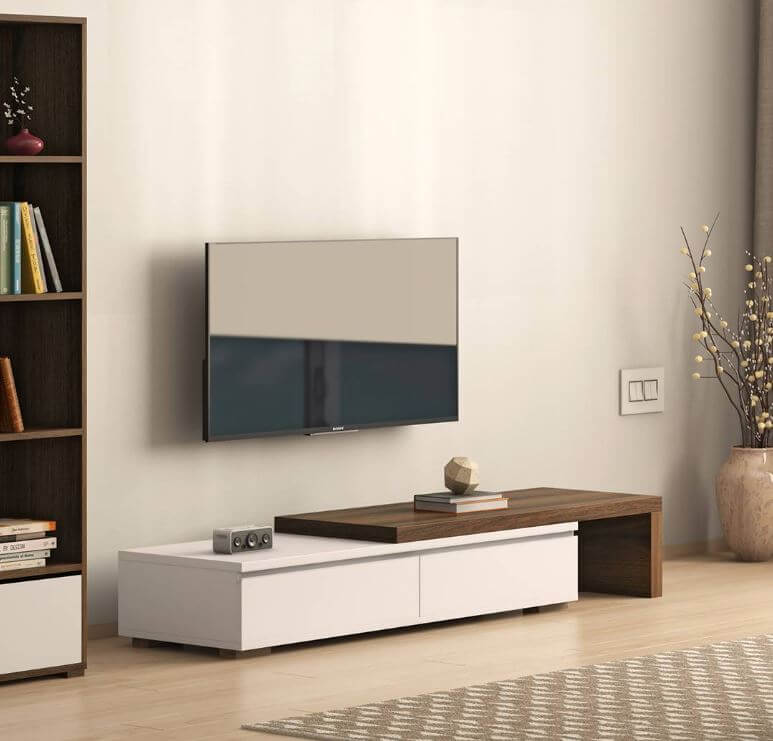
Cost Considerations for TV Units: A Comprehensive Guide
Choosing the right TV unit involves considering various factors, including cost. This guide aims to provide you with a comprehensive understanding of the cost considerations associated with TV units. By considering these factors, you can make an informed decision that aligns with your budget and preferences.
Budget Allocation
Before diving into the details, establish a budget range for your TV unit purchase. This step is crucial as it will serve as a reference point throughout the decision-making process.
TV Size
One of the primary cost factors is the size of the TV unit. Larger TVs generally come with a higher price tag. Consider the size of your room and your viewing preferences to determine an optimal size that balances cost and visual experience.
Display Technology
TV units are available in various display technologies, including LED, OLED, QLED, and others. LED TVs tend to be more affordable compared to OLED and QLED options, which offer better picture quality but come at a higher cost. Evaluate your priorities to determine the right balance between display technology and cost.
Resolution
Resolution plays a significant role in the overall picture quality. Common resolutions include Full HD, 4K Ultra HD, and 8K. While higher resolutions provide a more immersive experience, they also come at a higher cost. Assess your content consumption habits and budget constraints to determine the optimal resolution for your needs.
Smart TV Features
Smart TVs offer internet connectivity and access to streaming platforms, apps, and other online content. However, TVs with advanced smart features often come at a higher price. Consider your requirements and assess whether the added features are worth the extra cost.
Audio System
TV units typically come with built-in speakers, but for a better audio experience, you might consider investing in external audio systems such as soundbars or home theater setups. This additional cost should be factored into your budget if you prioritize audio quality.
Brand Reputation
Brands play a significant role in determining the cost of TV units. Established brands often command higher prices due to their reputation for quality and reliability. Consider whether brand recognition and reputation are important to you and if they justify the potential price increase.
Additional Features and Accessories
Some TV units come with additional features such as voice control, HDMI ports, USB connectivity, and more. While these features enhance convenience and connectivity, they can also impact the overall cost. Assess the importance of these features based on your needs and budget.
Warranty and After-Sales Service
Evaluate the warranty period offered by the manufacturer, as well as their after-sales service. These factors can influence the overall cost by providing peace of mind and ensuring support in case of any issues.
Comparison Shopping
Finally, research and compare prices from different retailers and online platforms. Take advantage of discounts, promotions, and sales events to potentially find better deals on TV units without compromising quality.
Conclusion
Remember to prioritize your needs, assess the value of additional features, and compare prices from various sources to ensure you get the best possible TV unit within your desired price range.








